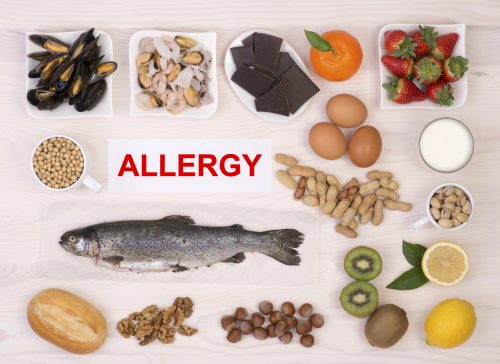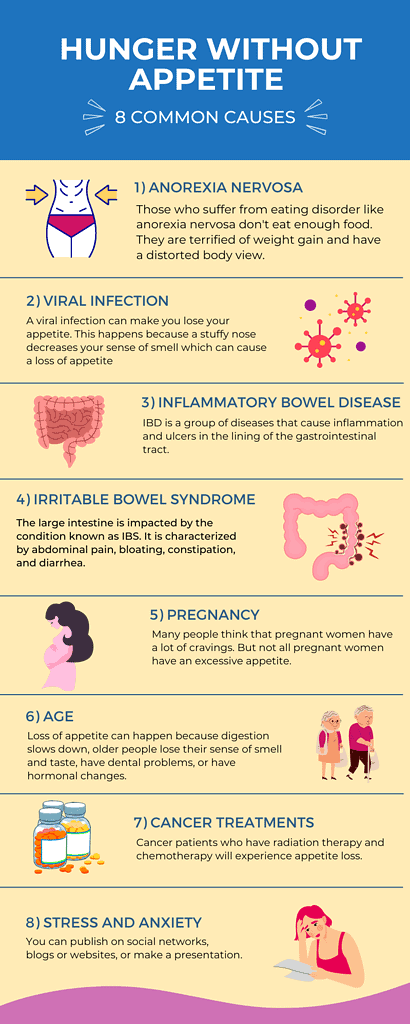Can Allergies Make You Lose Your Appetite
:max_bytes(150000):strip_icc()/food-allergies-causes-and-risk-factors-4685818_FINAL-243a580ea8e14b51a8dd802ecb2326e3.jpg)
For those battling allergies, the symptoms are often perceived as the typical sneezing, itchy eyes, and skin rashes. But could these immune responses also be silently impacting your appetite? Emerging research and anecdotal evidence suggest a potential link between allergies and appetite loss, leaving many wondering if their diminished hunger is more than just a coincidence.
This article examines the complex interplay between allergic reactions and appetite, exploring the scientific basis for this connection, the symptoms to watch for, and what individuals can do to manage this often-overlooked aspect of allergic disease.
The Science Behind Appetite Loss and Allergies
The relationship between allergies and appetite is multifaceted, involving several physiological pathways. Allergic reactions trigger the release of histamine and other inflammatory chemicals, like cytokines, in the body.
These chemicals, while intended to fight off the perceived threat, can also disrupt normal bodily functions, including digestion and appetite regulation. According to the National Institute of Allergy and Infectious Diseases (NIAID), inflammation in the gut, a common response to food allergies, can lead to nausea, vomiting, and abdominal discomfort, all of which can contribute to a decreased desire to eat.
Furthermore, the body's stress response to an allergic reaction can also play a role. When the body perceives a threat, it activates the sympathetic nervous system, often referred to as the "fight or flight" response. This activation can suppress appetite as the body prioritizes immediate survival over digestive processes.
Food Allergies vs. Environmental Allergies
It's important to differentiate between food allergies and environmental allergies when considering their impact on appetite. Food allergies, which involve an immune response to specific food proteins, are more directly linked to digestive symptoms and appetite loss.
A study published in the Journal of Allergy and Clinical Immunology showed that children with food allergies are more likely to experience appetite loss and feeding difficulties compared to children without food allergies. Environmental allergies, such as pollen or dust mites, can also indirectly affect appetite.
The systemic inflammation and discomfort associated with these allergies can lead to fatigue and a general feeling of being unwell, which can dampen one's desire to eat. The constant nasal congestion from seasonal allergies can also impact the sense of smell, which plays a significant role in appetite and food enjoyment.
Recognizing the Symptoms
Identifying appetite loss related to allergies can be challenging as it often overlaps with other symptoms. It is crucial to recognize the signs and consult with a healthcare professional.
Some common symptoms include a persistent lack of hunger, feeling full after eating only a small amount, and experiencing nausea or abdominal pain after consuming certain foods or during peak allergy seasons. Weight loss, fatigue, and irritability can also be indicators of allergy-related appetite suppression.
Pay close attention to the timing of these symptoms in relation to potential allergen exposures. For example, if you consistently experience appetite loss after eating a particular food, or during pollen season, it may be indicative of an allergy-related issue.
Managing Allergy-Related Appetite Loss
The cornerstone of managing allergy-related appetite loss is effective allergy management. This often involves identifying and avoiding allergens, whether through dietary changes or environmental control measures.
For food allergies, working with a registered dietitian or allergist to develop an elimination diet can help pinpoint the offending foods. Over-the-counter or prescription medications, such as antihistamines and nasal corticosteroids, can alleviate symptoms associated with environmental allergies, potentially improving appetite.
In some cases, allergy immunotherapy, such as allergy shots or sublingual immunotherapy (SLIT), may be recommended to desensitize the body to specific allergens. Beyond allergy management, addressing the underlying causes of appetite loss is also important. Eating smaller, more frequent meals can be easier on the digestive system.
Choosing nutrient-dense foods can ensure that you're getting adequate nutrition even with a reduced appetite. Staying hydrated and getting enough rest can also help manage fatigue and improve overall well-being, which can positively impact appetite.
Consider consulting with a healthcare professional to rule out other potential causes of appetite loss, such as underlying medical conditions or medication side effects. They can provide personalized recommendations based on your specific circumstances.
"It's crucial for individuals experiencing persistent appetite loss to seek medical advice," advises Dr. Emily Carter, a leading allergist at Allergy & Asthma Specialists of America. "While allergies can certainly contribute to appetite suppression, it's important to rule out other potential causes and develop a comprehensive management plan."
The impact of allergies on appetite is a subtle but significant aspect of allergic disease. By understanding the connection, recognizing the symptoms, and implementing effective management strategies, individuals can improve their quality of life and ensure they're getting the nutrition they need to thrive. It's important to remember that managing allergies is a collaborative effort between individuals and their healthcare providers.

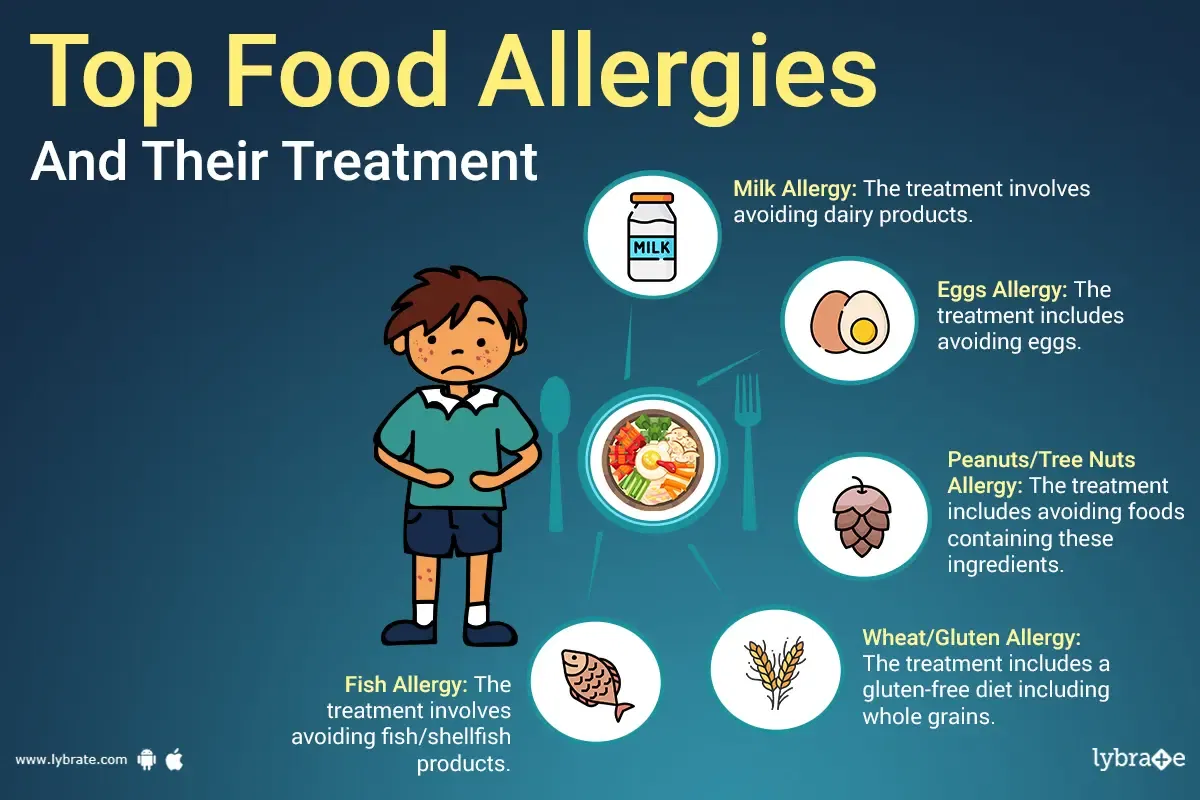
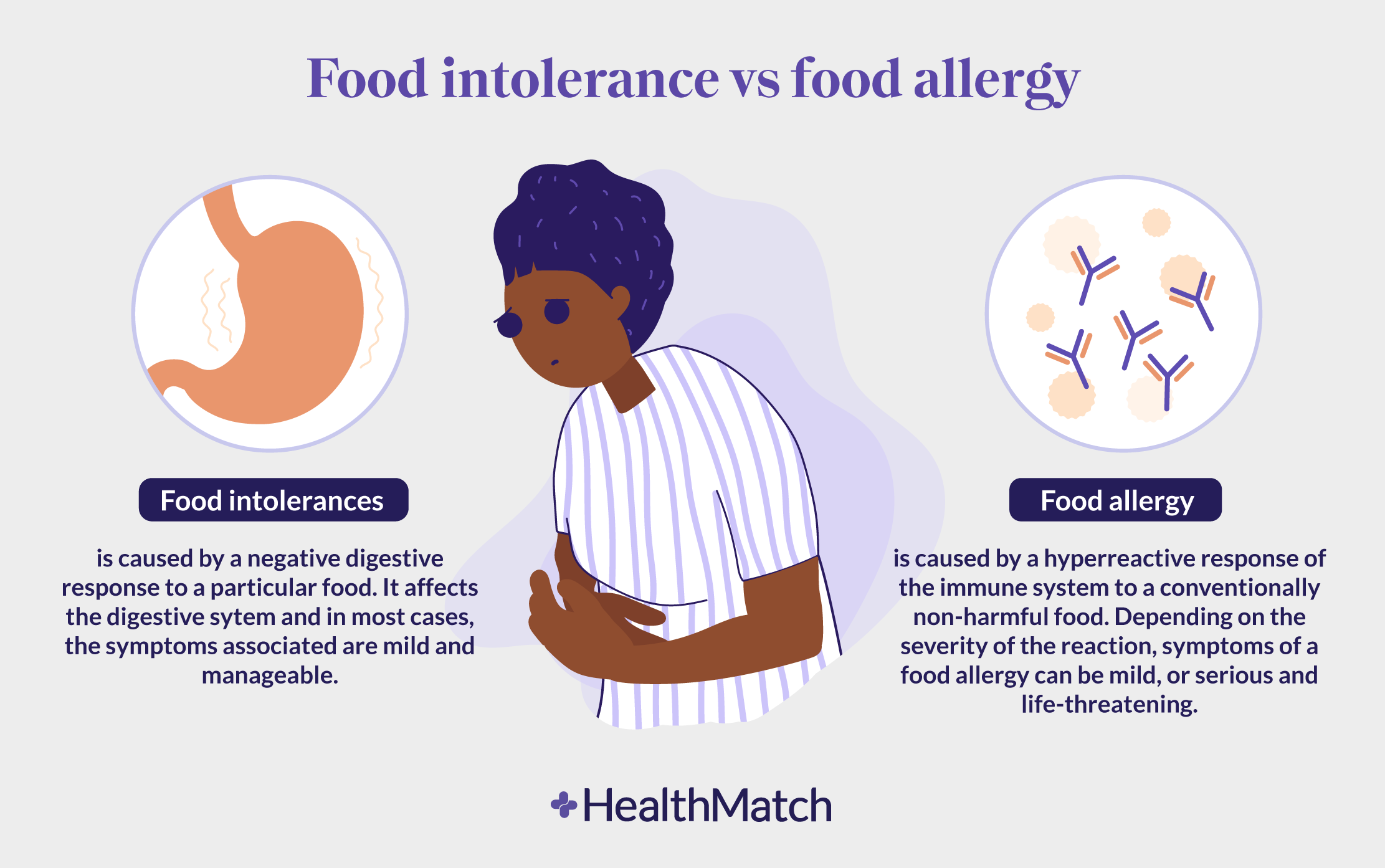

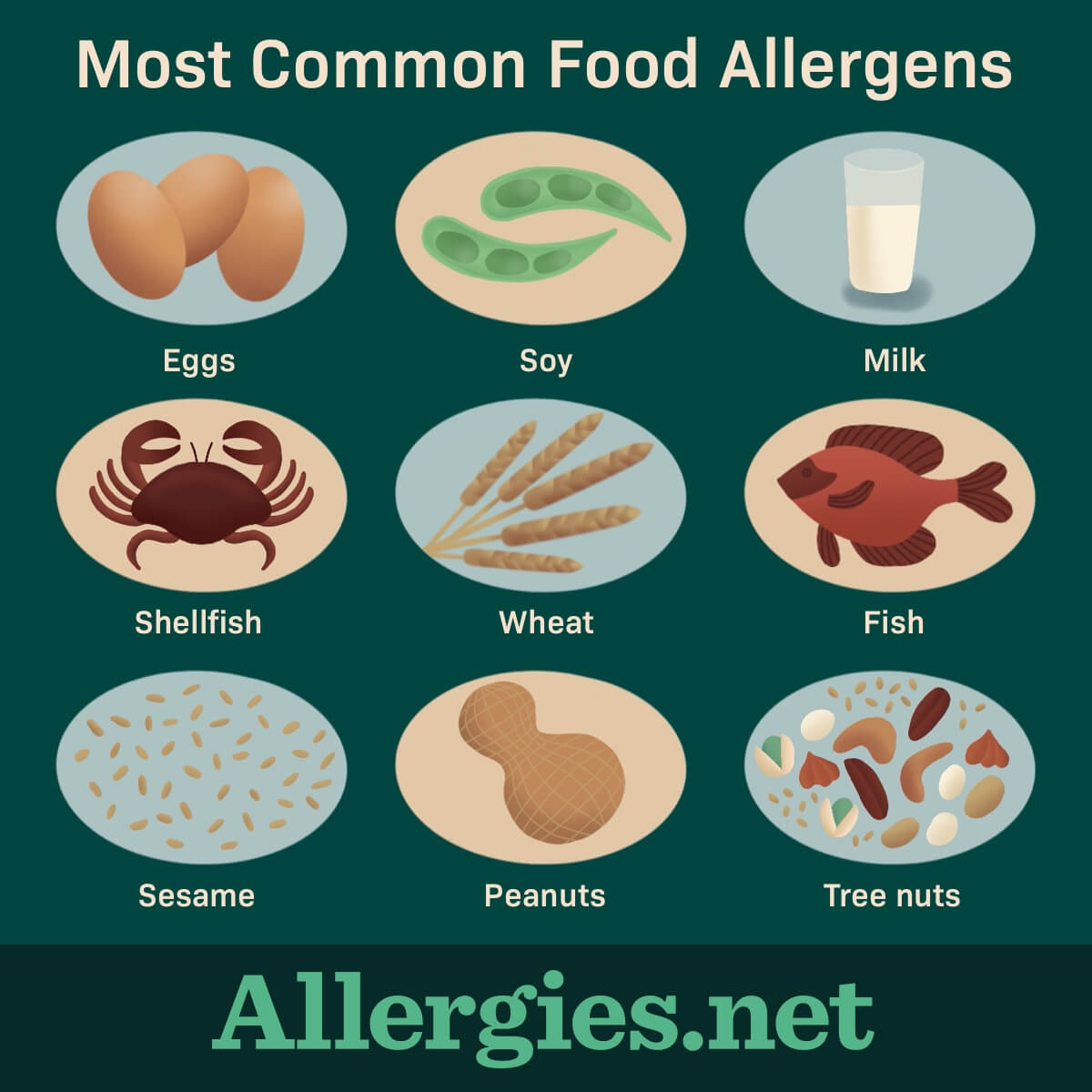

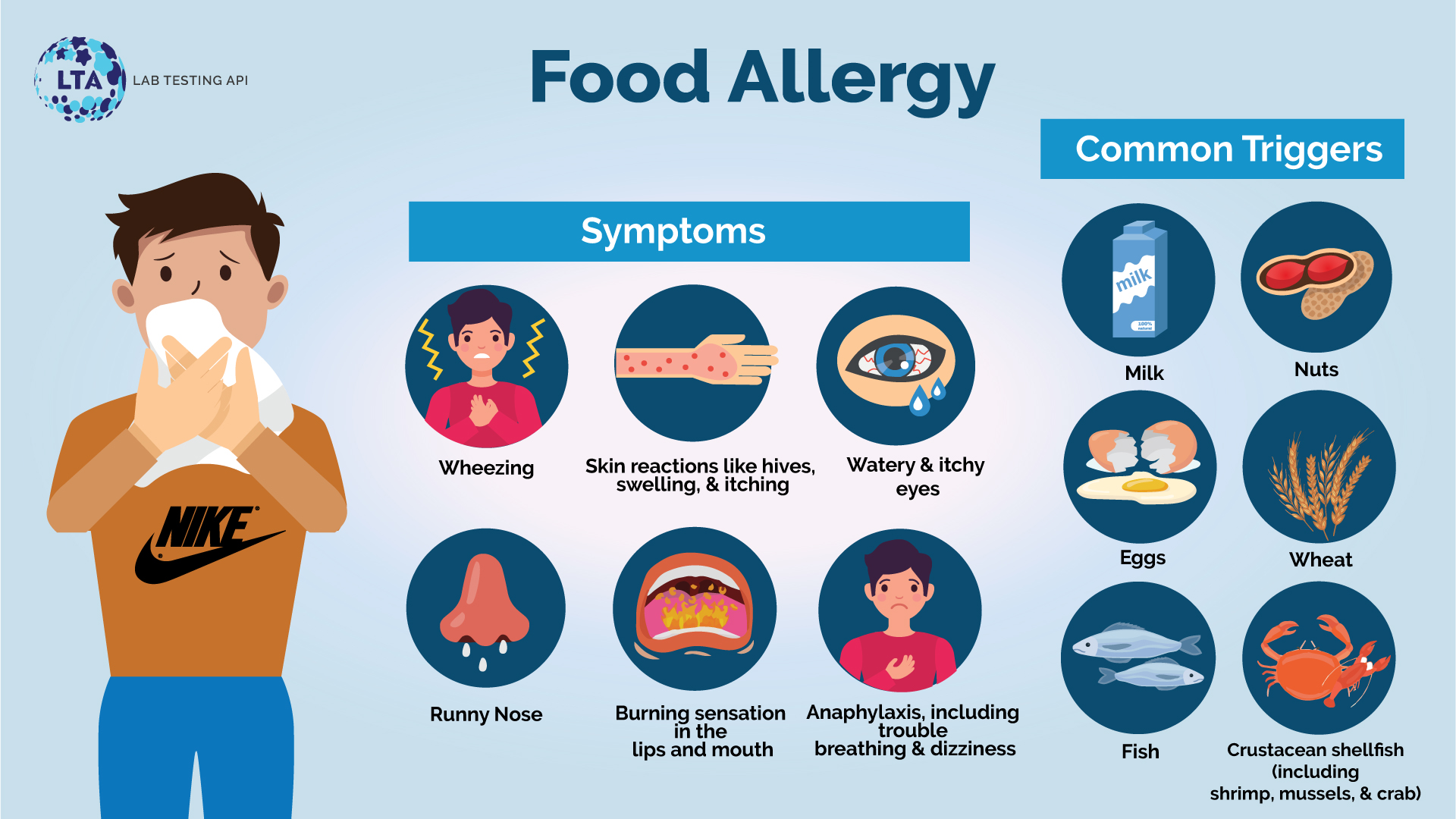
:max_bytes(150000):strip_icc()/Health-Allergies-treatment-symptoms-horiz-edit-4-c786d70d651e4d4db0ee900da50ba471.jpg)
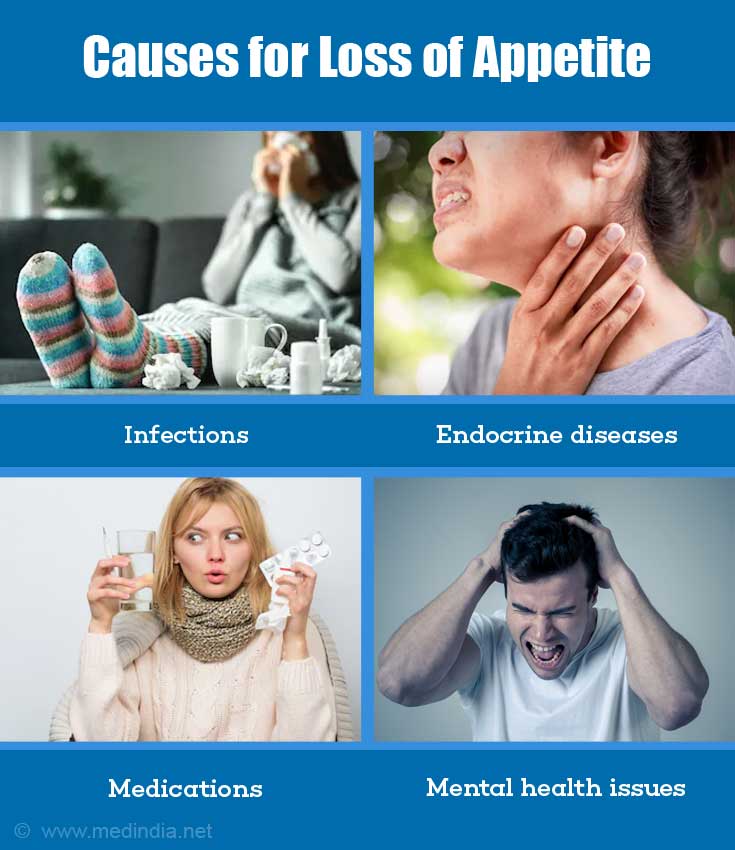
:max_bytes(150000):strip_icc()/the-most-common-food-allergies-1324134-FINAL-545b394b1d724c7faf278a4e1e552679.jpg)
